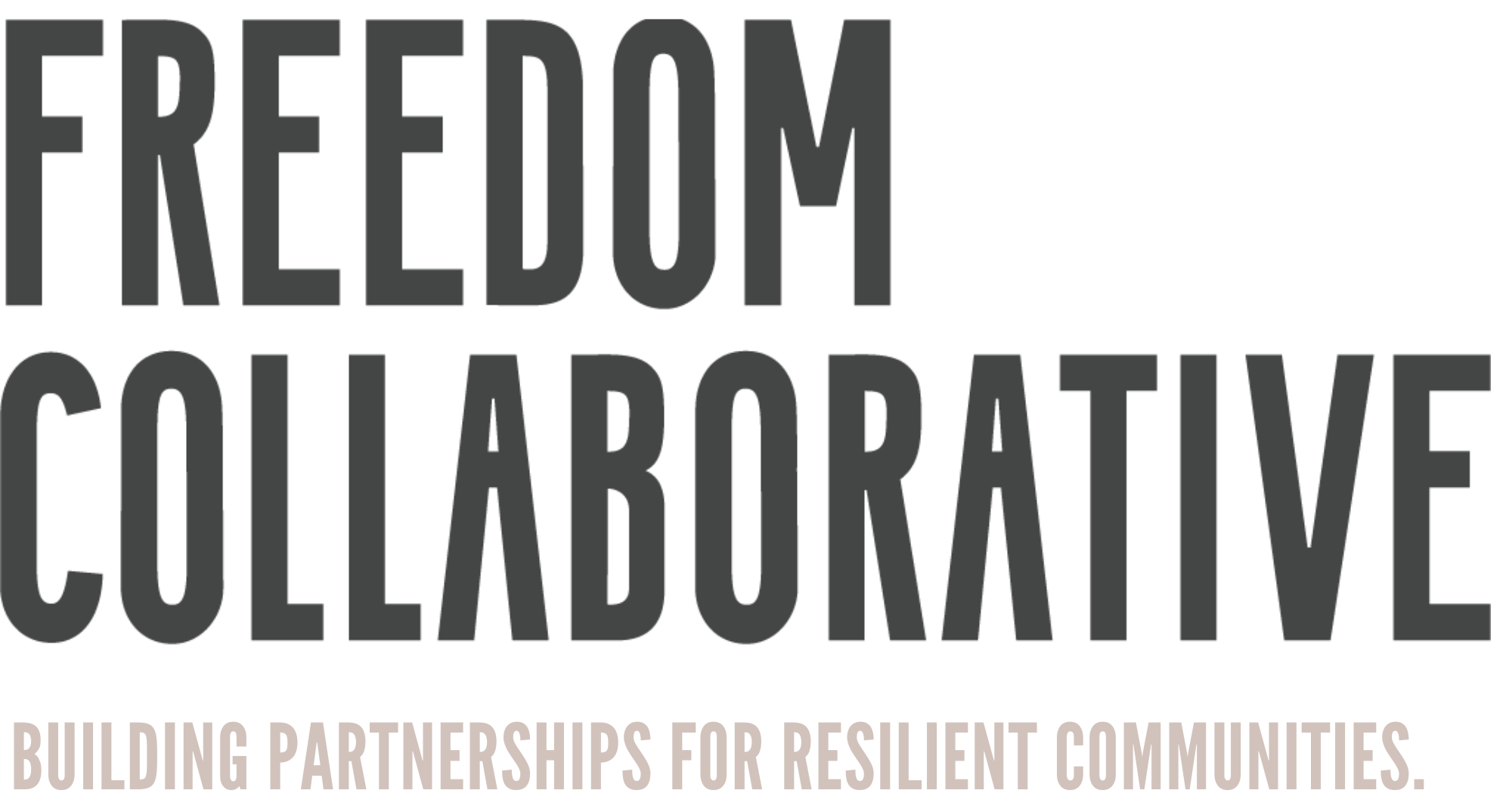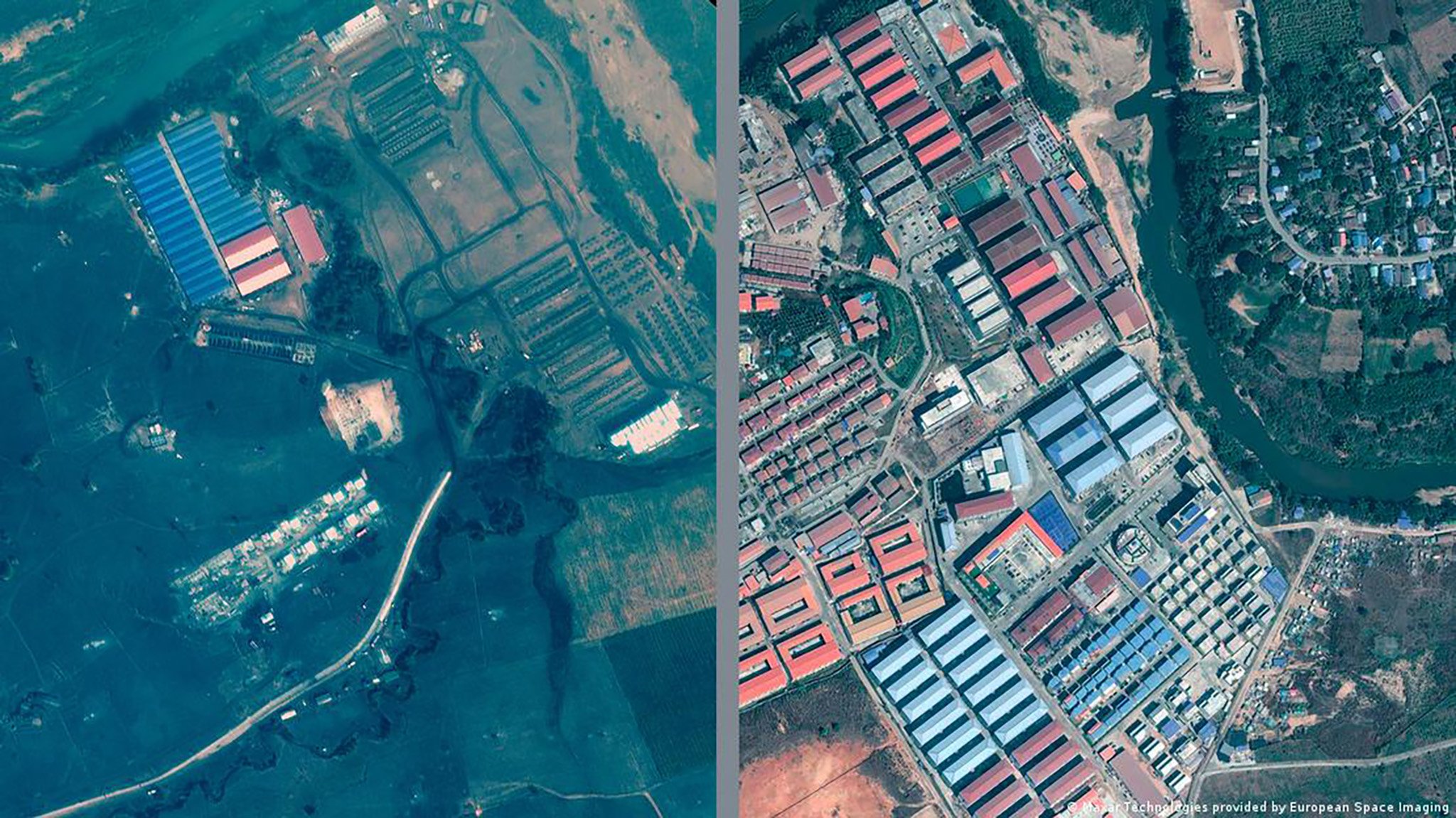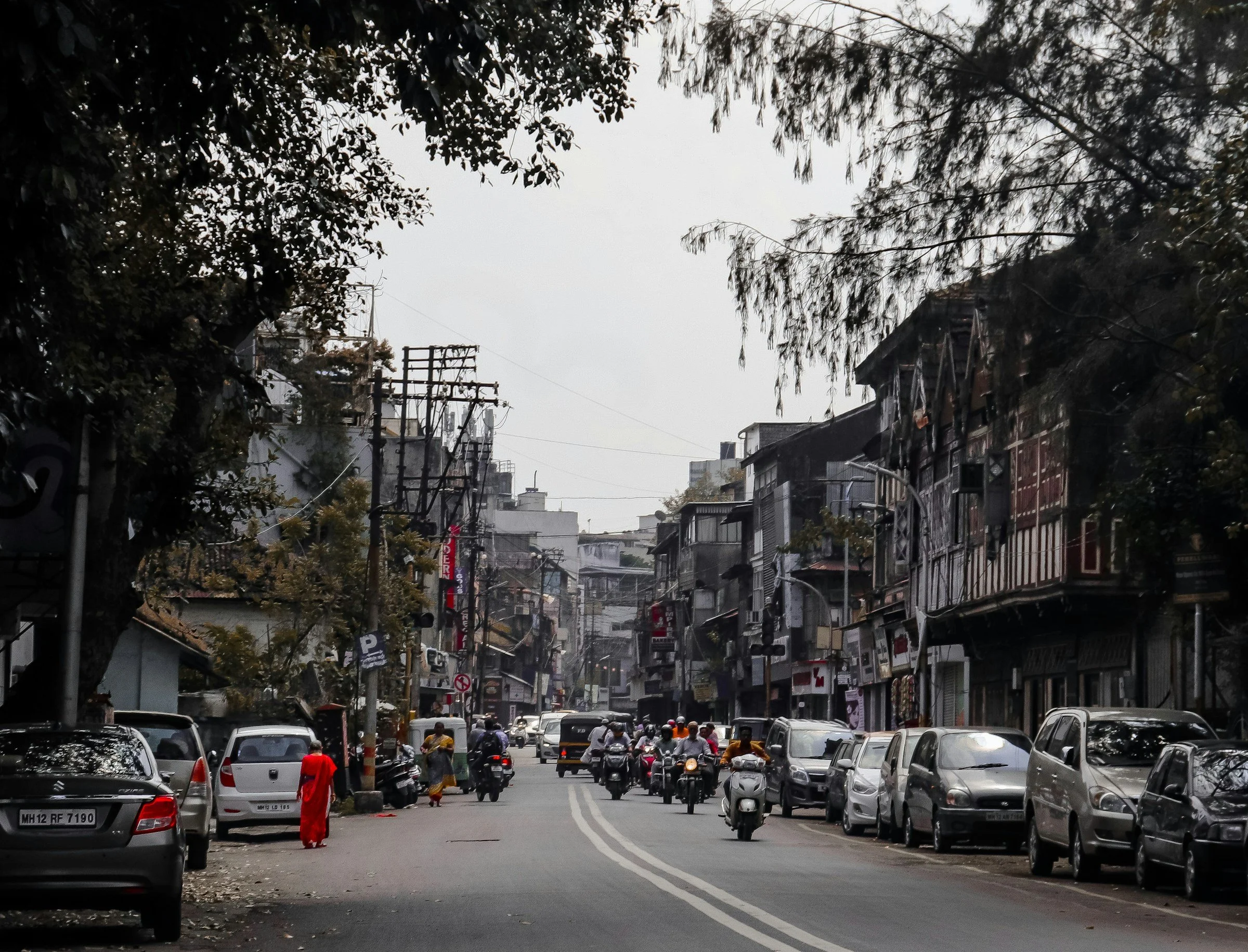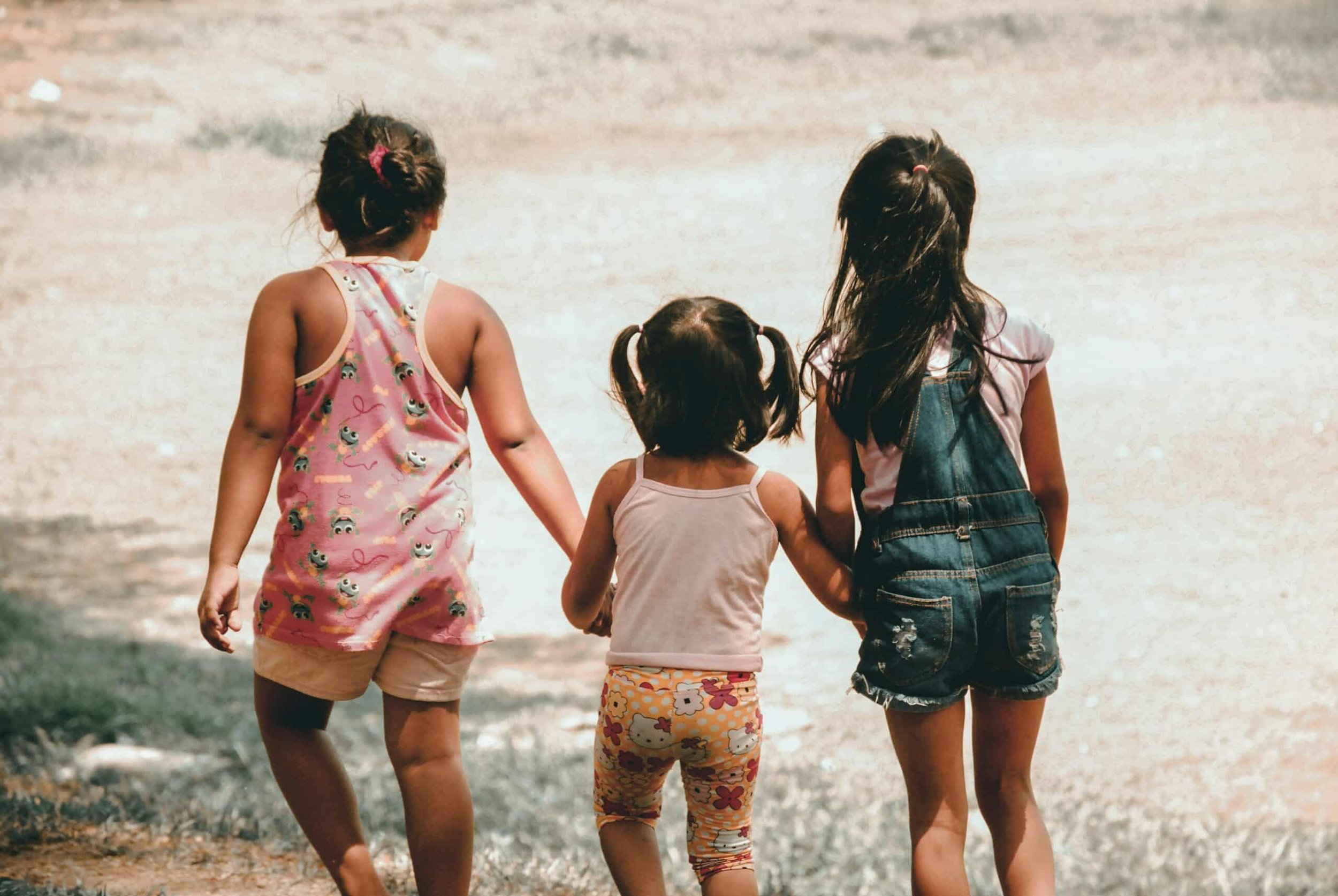Tackling Bonded Labour: Successful Collaboration Between Indian NGO and Local Government
Cross Global, an NGO based in southern India, demonstrates how a persistent approach towards the authorities and a policy of holistic care for clients can be a winning formula for addressing the issue of bonded labour.
Picture of Cross Global staff with Dasrikunathur villagers.
Although it has been illegal in India since 1978, bonded labour still persists as one of the most prevalent forms of exploitation in a country where approximately 11 million people are the victims of modern slavery. According to IJM the estimated number of bonded labourers in India ranges from 8 to 18 million. They are made to work in garment and carpet factories, quarries, rice mills, brick kilns, and on tea plantations.
In 2016 the Indian government announced a plan to irradicate bonded labour by 2030, by securing the release of 18.4 million victims, supported by a package of measures including giving the police powers to release those in exploitative situation immediately, more robust prosecution of perpetrators, financial compensation for victims, and funding for research to identify victims and to run awareness campaigns.
However, since the schemes inception, less than 33,000 victims of bonded labour have been released, with regional implementation proving problematic. For example, the 2020 Crime in India Report found that 22 out of 36 states and union territories had not identified a single case of bonded labour that year.
In the face of these local challenges, NGOs in India are trying to intercede with district authorities on behalf of victims. One such organisation is Cross Global, based in southern India. We had the opportunity to speak to its founder, Kamal Raj, about their work to address this human rights abuse. As he explained: “Bonded labour is when someone is required to work for little or no money to pay off a debt. This arrangement can extend to include other relatives and last for generations. In 98% of the cases of bonded labour, victims belong to the Dalit tribe, whose belief system does not allow them to question the creditor. They usually live on little to nothing.
So, this is where our NGO comes in – identifying victims, alerting the relevant government authorities (in a lot of our cases these are village officers), providing legal assistance, aftercare services, and training. The part of rescuing cannot be done without engaging with local government authorities. On the day they are rescued, bonded labourers receive immediate financial support of Rs 30,000, and if the trafficker is convicted, they get a further Rs 300,000. Apart from this financial help, beneficiaries are entitled to further assistance including land for a house and growing produce. Our success in getting favourable results for our clients stems from two things - persistence and a holistic approach. Once we find them, we hold their hand through everything – speaking regularly to make sure that the authorities are addressing their needs, that proper legal action is taken, that financial compensation is paid, and then that they receive aftercare, such as classes in spoken English and maths, and help with using technology like smartphones, and support in receiving education. This restores their lives and prevents them being exploited again. A couple of success stories worth mentioning are a client we have helped set up his own tea shop, and overseeing the building of 28 houses for a whole community rescued from bonded labour - complete with running water.”
One improvement that Kamal would like to implement is the construction of a regional database to overcome the lack of accurate statistics. If built up over 5 years, it would provide a much clearer picture of the amount of cases, the success rate of prosecutions, and whether or not victims had received the compensation to which they are entitled. This would serve as a useful advocacy tool. Once the concept has been proven, Kamal anticipates that it could be taken up in regions to the north, most notably West Bengal, which is an emerging hub for internal and international human trafficking.
Share your news
Post your experiences from the field and initiatives to feature





